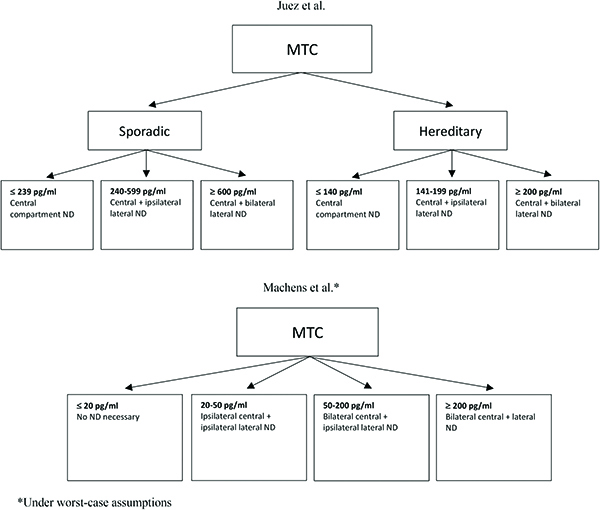Over the past few decades, a transition toward culture-directed antibiotics has shifted the treatment paradigm of SBO toward primary medical management, with mortality rates now decreasing to 10-20% compared to 50% initially.


Over the past few decades, a transition toward culture-directed antibiotics has shifted the treatment paradigm of SBO toward primary medical management, with mortality rates now decreasing to 10-20% compared to 50% initially.

HNS was approved by the U.S. Food and Drug Administration in 2014 as a treatment option for patients with moderate to severe OSA who cannot tolerate CPAP.

Medullary thyroid carcinoma (MTC) comprises less than 5% of thyroid cancers but is responsible for more than 10% of deaths related to thyroid cancer.
Antithrombotic management is a key component of surgical optimization, as it necessitates balancing the risk of a peri-operative thrombotic event with the risk of bleeding.
Although en bloc resection remains the standard of care for primary treatment of oral cavity squamous cell carcinomas (OCSCC), methods of intra-operative assessment of margins vary.

Intracapsular tonsillectomy is a safe and effective method for performing tonsillectomy and should be included in future clinical practice guidelines for tonsillectomy.

Hypoglossal Nerve Stimulator therapy is an effective and safe surgical option for patients with moderate to severe OSA who cannot tolerate PAP therapy.

The use of p16 as a surrogate marker for HPV has gained traction, but is it sufficient as a surrogate for HPV-related squamous cell carcinoma?

The timing of tracheostomy tube changes should be tailored to each individual case.

Objective testing for patients with suspected LPR is indicated if the patient presents with typical alarm symptoms, after empiric treatment fails to improve symptoms, or to ensure the need for long-term therapy or surgical interventions.